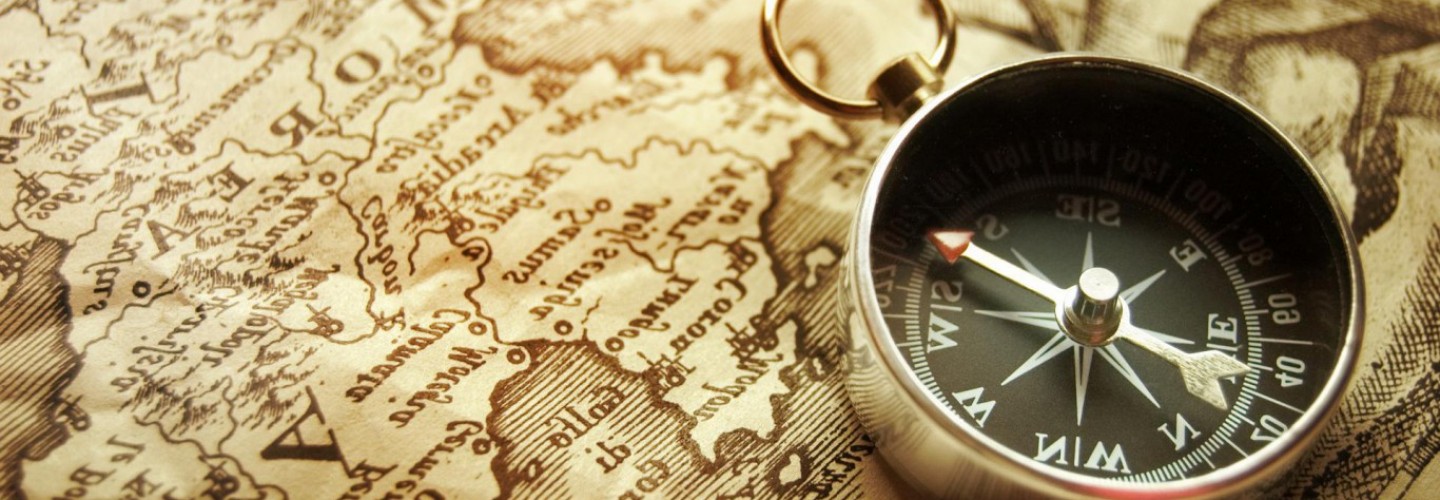By proper definition, I would say that Terrorism is never justified, but when stepping back to look at past dubbed ‘terrorist attacks’ or ‘terrorists’, it can be seen that maybe at times, Terrorism is what is needed. You might read this and think that I’m crazy, but stick around till the end and you’ll understand. In Lecture, Aden outlined that Terrorism must encompass all of these to be considered a terrorist act.
- Violent Act
- Non-State Actor
- Deliberate targeting of civilians
- Political Message/Objective
From this definition, I am extremely against acts of terrorism and terrorist. No matter how terrible the situation, the harming of civilians to convey a message is completely wrong. Not only is the harming of civilians completely illegitimate, Terrorism also often creates a perpetual state of poverty and anxiety. People are less likely to want to carry out their daily tasks, if they are afraid of attacks against them. People are also less likely to plan for their futures if they are unsure where this future will be. Often times, people tend to save less and take less risks because of this, meaning that less businesses will open up and so on. Similarly, international organisations and companies are less likely to set up in this country if it is politically or socially unstable. This would only harm the country’s economy, and the insecurity of local economy will only emphasise this never ending cycle of poverty and anxiety. Lastly, a great point against terrorism would be that often times, the governments which stem from terrorist occupations end up being corrupt. Nothing is achieved to improve the lives of the people in whose name terror has been used. These people will also likely appoint people who will abide to their power, who may be ignorant towards the political processes. This will only make the entire political system inefficient and biased towards a minority or a fringe interest. An example of this would be Iraq. It started as a westernising one and shifted to an islamic one, and is now hostile to its dissidents.
On the other hand, Terrorism can both attract attention to an issue, and create a dialogue about it. In many countries terrorists have succeeded in bringing governments to negotiate with them and make concessions to them. Where governments have not been willing to concede to rational argument and peaceful protest, terrorism can compel recognition of a cause. In some cases, people who were previously named Terrorist, became world changing leaders. Nelson Mandela moved from terrorist to President. In many other countries we see this trend too – in Israel, Northern Ireland, in Sri Lanka, and in the Oslo peace process that led to the creation of the Palestinian Authority. Terrorism can raise the profile of a neglected cause such as the hi-jackings of the 1970s and 1980s that brought publicity to the Palestinian cause, helping to bring it to the attention of the world. The definition of terrorism depends very much upon your point of view – the proposition does not need to defend every atrocity against innocent civilians to argue that terrorism is sometimes justified.
A broad definition would say terrorism was the use of violence for political ends by any group which breaks the Geneva Conventions (which govern actions between armies in wartime) or ignores generally accepted concepts of human rights. Under such a broad definition, states and their armed forces could be accused of terrorism. So could many resistance groups in wartime or freedom fighters struggling against dictatorships, as well as participants in civil wars – all irregular groups outside the scope of the Geneva Conventions.
The more narrow definition of Terrorism as mentioned above, is by not means justified under any circumstance, but the broader definition may be in certain situation.
